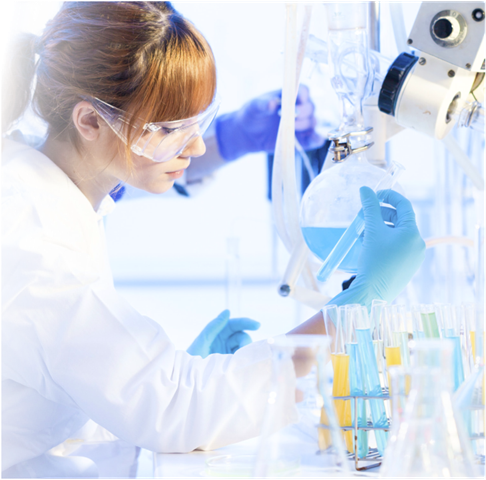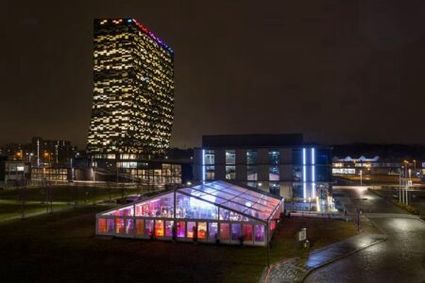Webinar: How to become more Sustainable in the Lab – Approaches, Tips and Tricks
It’s more important than ever for laboratories to be at the forefront of sustainability issues because labs consume significantly more energy and water and generate more waste than offices or households.
In this training, arm yourself with the knowledge and tools you need to make your lab greener, such as reducing consumption of resources and waste. Additionally, by adopting the 12 Principles of Green Chemistry, you will not only create a safer work environment with less hazardous reagents, but also reduce your lab’s carbon footprint. With focus on practical examples from organic as well as analytical chemistry and beyond, gain insight on how to integrate sustainability practices throughout your workflows.
Key learning objectives
- Approaches to assess and reduce the environmental footprint of your lab
- The 12 Principles of Green Chemistry and how to apply them in the lab
- Help…
It’s more important than ever for laboratories to be at the forefront of sustainability issues because labs consume significantly more energy and water and generate more waste than offices or households.
In this training, arm yourself with the knowledge and tools you need to make your lab greener, such as reducing consumption of resources and waste. Additionally, by adopting the 12 Principles of Green Chemistry, you will not only create a safer work environment with less hazardous reagents, but also reduce your lab’s carbon footprint. With focus on practical examples from organic as well as analytical chemistry and beyond, gain insight on how to integrate sustainability practices throughout your workflows.
Key learning objectives
- Approaches to assess and reduce the environmental footprint of your lab
- The 12 Principles of Green Chemistry and how to apply them in the lab
- Helpful tools for sustainable chemistry
The presentation will be given by:
Frank Michel at Merck KGaA





